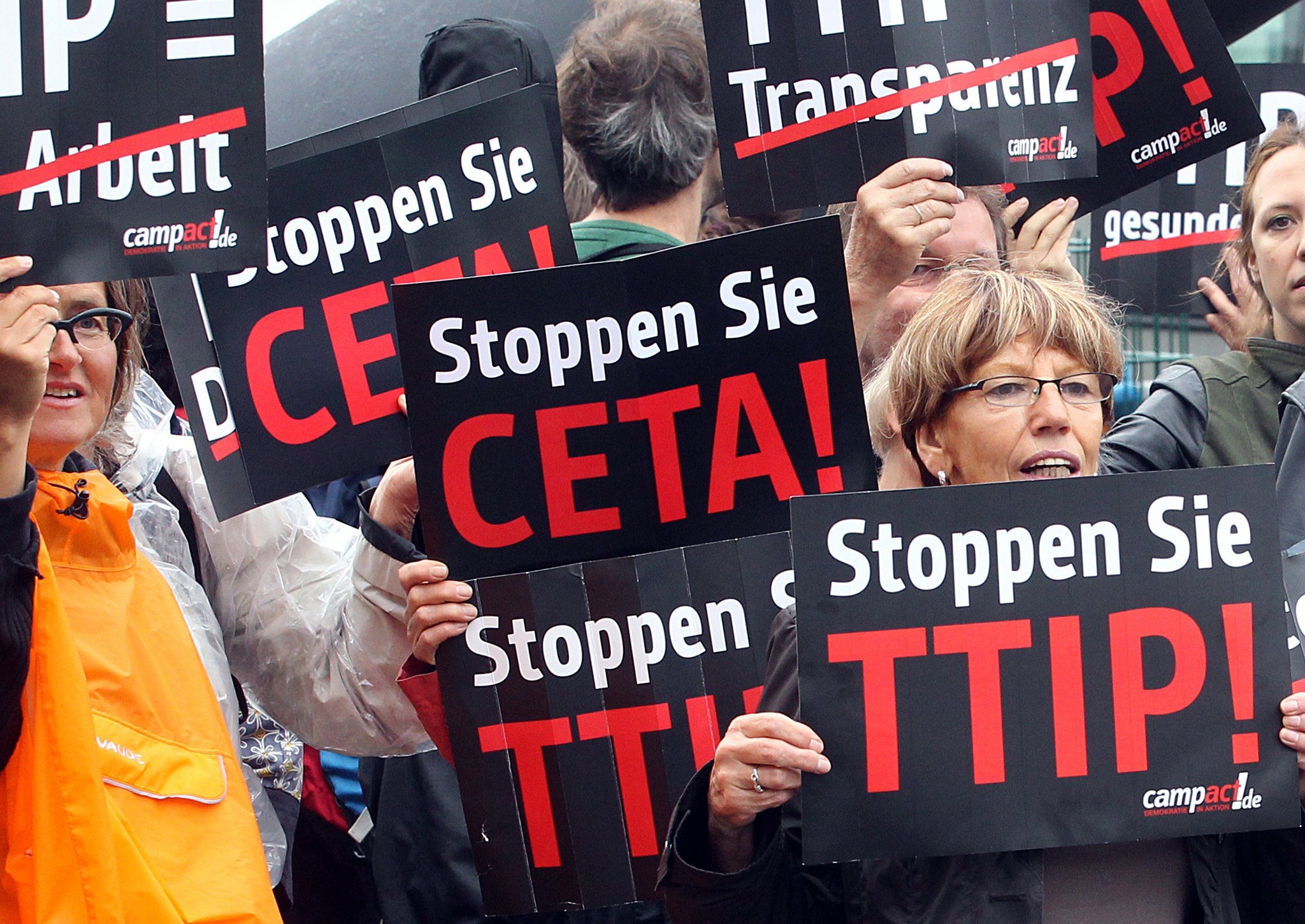Brexit deal will most closely resemble Ceta agreement with Canada, Spain says
'If the British insist on having the option to restrain the free movement of European workers to the United Kingdom, the only solution is the Canadian one'

A Canadian-style free trade deal is the most likely template for a future pact between post-Brexit Britain and the EU, Spain's foreign minister has said.
Speaking at a meeting of EU foreign ministers in Luxembourg on Monday, Jose Manuel Garcia-Margallo said: “Forget the Norwegian model, forget the Swiss model because of the condition for the freedom of movement of people, and forget a Turkish-style customs union.
“If the British insist on having the option to restrain the free movement of European workers to the United Kingdom, the only solution is the Canadian one.”
The Ceta (Comprehensive Economic and Trade Agreement) between Canada and the EU has been in negotiations for seven years.
Except for select agricultural products the Ceta deal scraps virtually all tariffs between Canada and the EU.
"The deal with Canada is the precedent of the deal between the EU and Britain," Mr Garcia-Margallo told reporters, AFP reports.
"The deal is important in itself and as a model" for a deal with Britain, he added.
On Saturday, Ceta hit a stumbling block after a small region in Belgium rejected the landmark deal over fears local workers will be laid off if the agreement leads to cheaper farming and industrial imports - a move potentially delaying a signing expected later this month.
Belgian law requires the backing of all seven regional, federal and linguistic entities for the deal to be accepted by the national government. Any proposed deal Britain strikes with the EU will require a similar ratification process where all nations must agree and the Belgian town could torpedo any agreement.
The Ceta deal can only go ahead if there is unanimous agreement of all 28 member states, with the signing coming as soon as 27 October if the agreement wins universal backing.
Concerns have been raised over Ceta, with opponents saying it will set a dangerous precedent and be used as a template to push through the controversial EU-US trade deal, TTIP.
The Prime Minister said she would trigger the two-year negotiation process of leaving the EU by the end of March 2017.
Theresa May indicated favouring a hard Brexit deal - one in which most ties to the EU are cut – after appointing prominent Leave campaigners to the group of Cabinet ministers who will control the negotiations and told the Conservative Party conference this month: “We are not leaving the European Union only to give up control of immigration again.”
Join our commenting forum
Join thought-provoking conversations, follow other Independent readers and see their replies
Comments